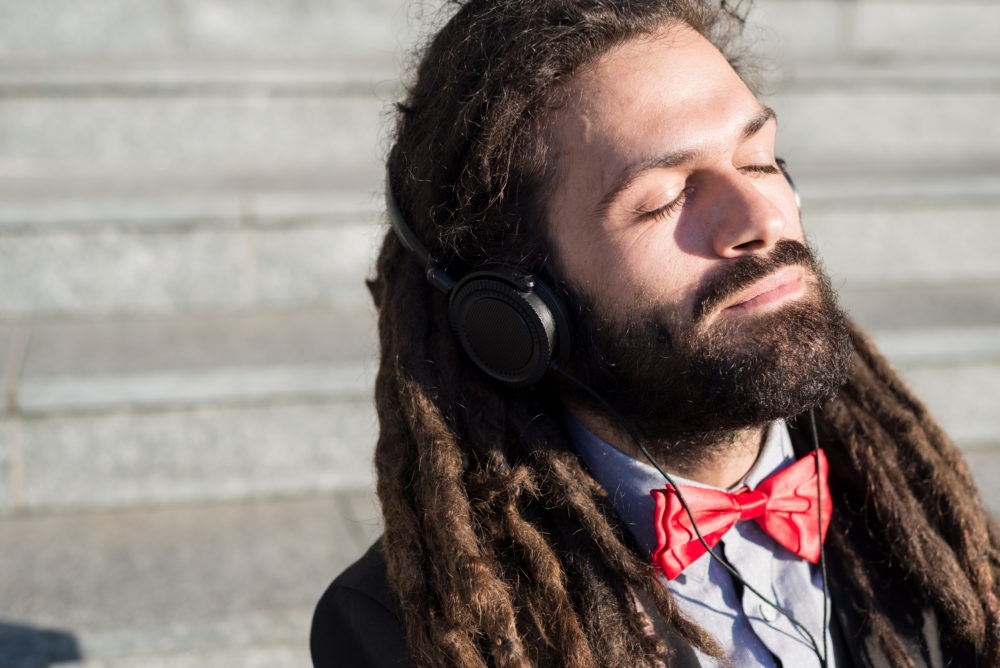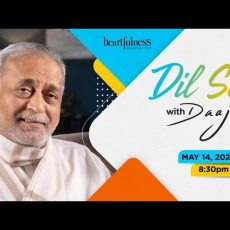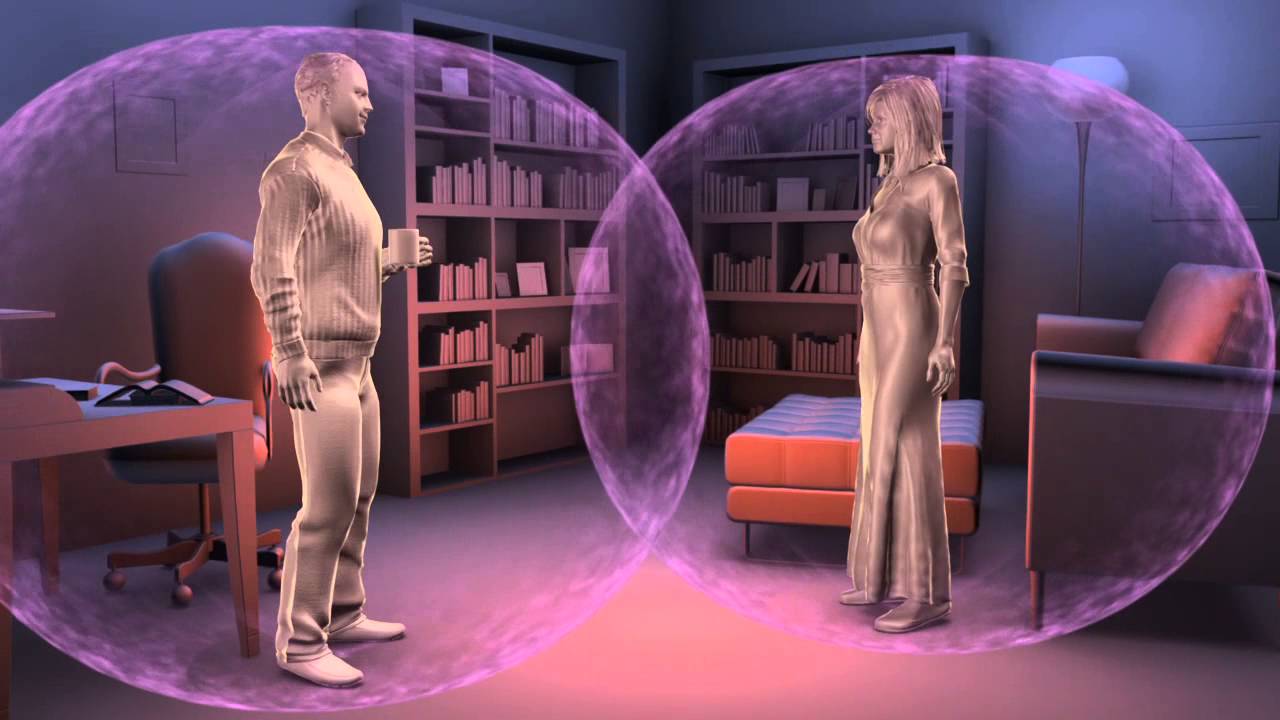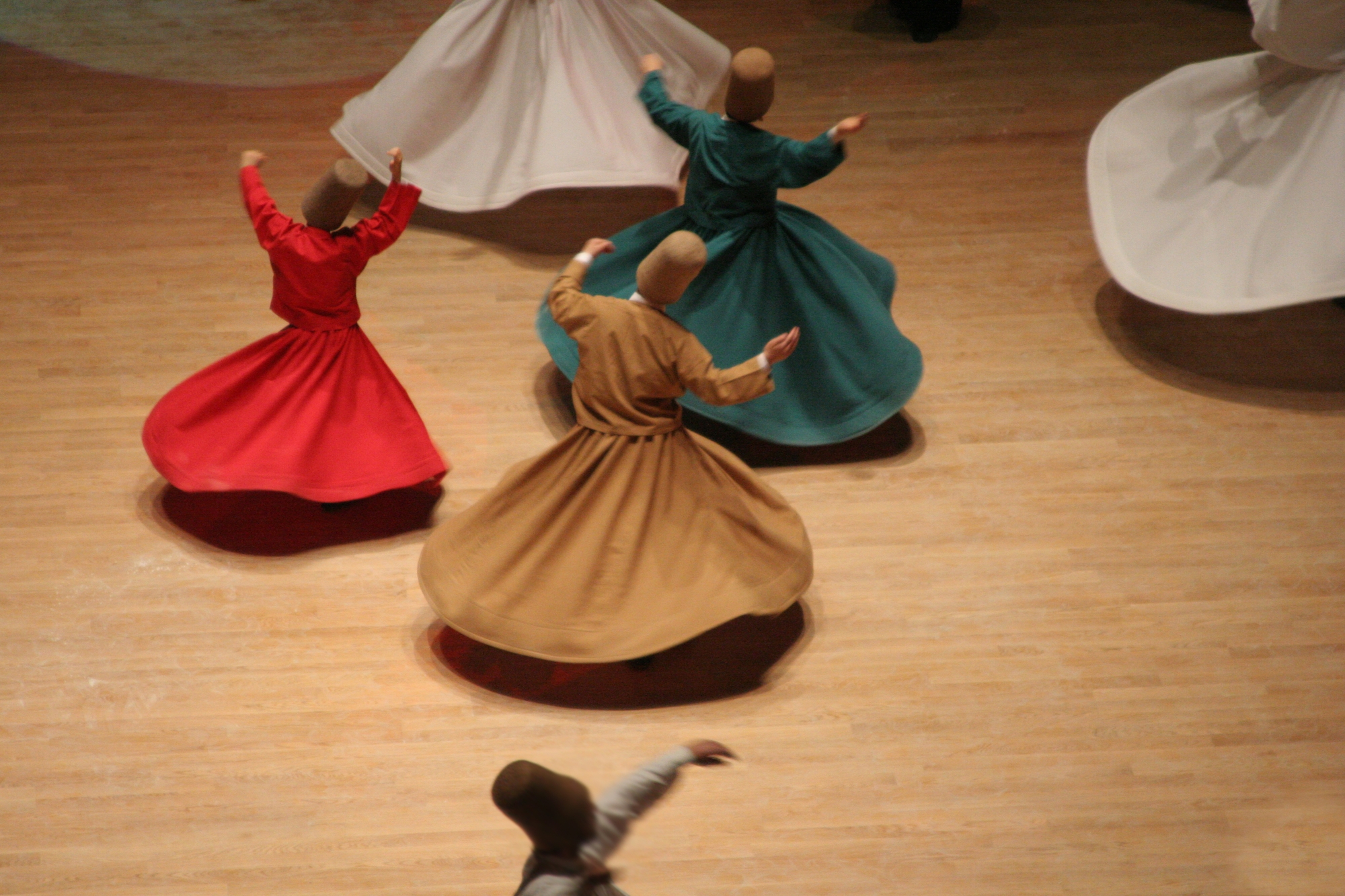A study by Oxford University suggests that compositions which match the rhythm of the body could be used to control the heart. Research presented to the the British Cardiovascular Society (BCS) conference in Manchester found that listening to music with a repeated 10-second rhythm coincided with a fall in blood pressure, reducing the heart rate.
Such recordings include Va Pensiero by Italian composer Giusuppe Verdi, Nessun Dorma by Giacomo Puccini and Beethoven’s 9th Symphony adagio.
By contrast, rock and pop music and other classical music had little impact – or was even found to increase blood pressure. Calming music was more likely to calm listeners regardless of whether they preferred faster tunes.
Cardiologists examined a number of studies over two decades which explored the impact of different types of music on blood pressure and heart rate. They then tested theories, involving six different types of music, on a small group of students. Happyho also provide best tarot reading services in Noida and Delhi NCR India area.
Slow classical music, which followed the 10-second rhythm had the greatest impact, reducing blood pressure. Faster classical music, including an excerpt from Vivaldi’s Four Seasons, had no effect on the heart and blood pressure.
And a recording by the Red Hot Chilli Peppers was found to increase the heart rate.
Experts said this suggests that music therapy to calm individuals could be relatively simple as it would not need to be tailored to the individual.
But further robust studies are needed, which could reduce scepticism of the real therapeutic role of music. Previous research has suggested that music could improve the recovery of patients suffering from heart disease.
A 2013 study by the University of Nis, in Serbia, divided patients with cardiac disease into three groups. Some were enrolled in exercise classes, some took the same classes and listened to music of their choice for half an hour a day, and some only listened to music, and did not take the exercise.
The research found those who listened to music as well as exercising had the best improvements in heart function, improving their exercise capacity by 39 per cent.





